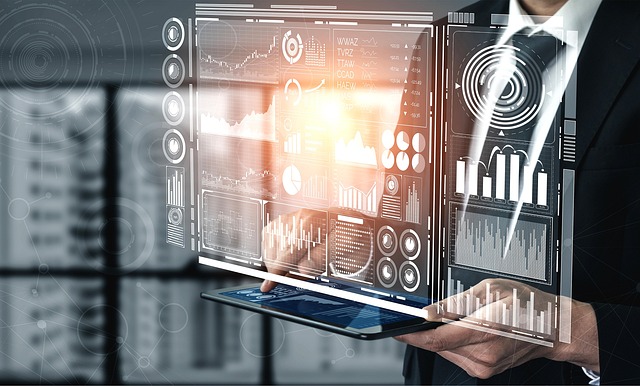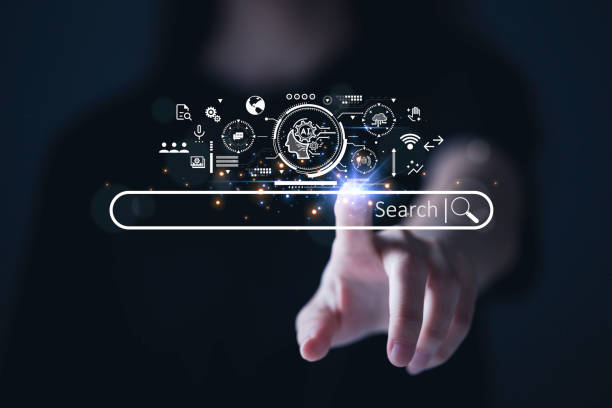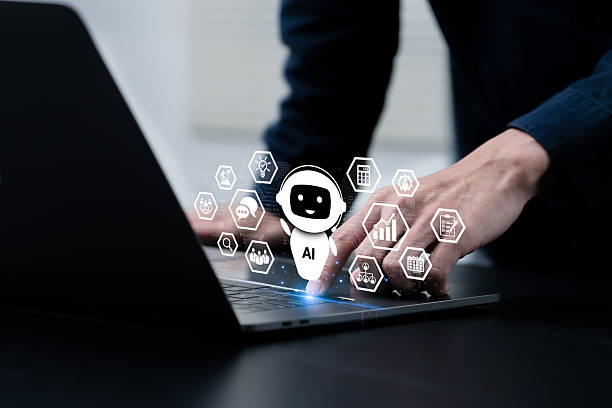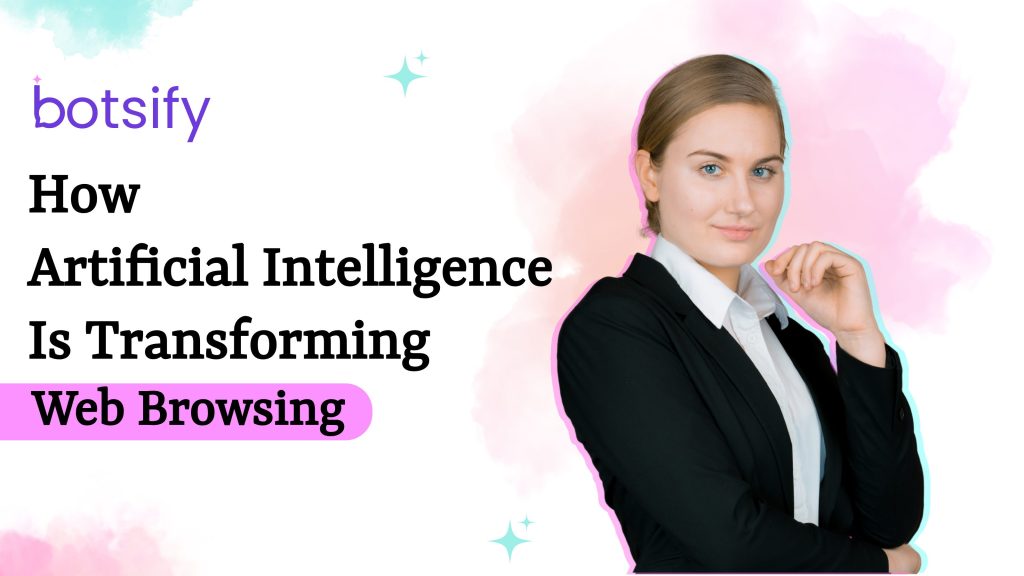
The way we browse the Internet it is undergoing a large -scale change, operated by large -scale artificial intelligence (AI). Once, AI browsers and search engines were simple entrances for information; Today, they are becoming intelligent accessories who are capable of understanding the intentions, generating summary, and even working on behalf of users. With AI integration, web browsing is no longer about clicking on the link; it is clever, more individual, and sometimes attached to the autonomous digital ecosystem.
This article suggests how AI is changing web browsing, supported by the latest figures and trends since 2024-2025.
-
AI-Interacted Search and Summary
The search engines are still the backbone of web browsing, but the way the results are presented has changed dramatically. Instead of listing the link alone, AI now produces immediate answers and summaries.
- The AI overview of Google, launched in 2024, has become central to search experiences. Studies suggest that these AI-generated snippet desktops capture 67.1% of the desktop screen space and 75.7% of the mobile space when combined with a painted snippet.
- This shift leaves very little space for traditional links, which directly affects the website traffic. Search zero-clicks, where users receive answers without leaving the search engine, increased from 56% to 69% for news-related questions within a year.
- Although Google dominates, AI contestants are holding. In early 2025, CHATGPT referred to 25 million clicks for news publishers a year ago, compared to only 1 million. For reference, Google mentioned around 9.5 billion during the same period, which reflects the growing but still limited stake of AI.
- According to the Wall Street Journal, the AI-powered discovery is now 5.6% of the American desktop traffic, which is more than doubled in just one year.
-
Rise of AI browsers and agents
Traditional browsers are being rebuilt as intelligent platforms. AI is now integrated into browsers directly, making them capable of acting as an assistant instead of a passive gateway.
- Opera’s Aria and Brave’s Leo on-places AI summary, Query Answering, and the material provides generations without the need for a third-party tool for users. Project Mariner of
- Google DeepMind is proceeding, enabling Chrome to handle tasks such as online shopping, filling forms, and getting information with minimal user effort.
- The price of the AI browser market was $ 4.5 billion in 2024 and is expected to reach $ 76.8 billion by 2034, with a shocking CAGR of 32.8%.
- In 2024, 45.7% browser use included AI browsers, and 65.2% solutions were cloud-based, to find out the adoption of abundance enterprises.
-
Privatization and user engagement
One of the greatest effects of AI is personalization – separating browsing experiences to suit individual users.
- 65% of users say that they prefer websites that provide AI-tailored recommendations.
- AI-Operated privatization increases the user’s engagement by up to 35%, keeps visitors longer on sites, and encourages more interactions.
- In publishing, 52% of digital media outlets use AI to recommend content, which increases time spent on the site by 25%.
- AI-operated SEO equipment can increase organic traffic by 20%, while 72% e-commerce sites that deploy high conversion rates to AI-operated search reports.
- By 2025, experts estimate that 50% of all discoveries will include AI equipment, and by 2026, 80% of questions can be chatbot-assisted.
-
Traffic shifts and zero-click problems

- While privatization benefits users, publishers face increasing challenges. AI’s ability to answer directly reduces traffic on websites.
- When the AI overview appears, clicking rates (CTRs) on traditional links fall to 34.5%.
- Some industries have reported a decline in traffic from 18% to 64%, which are directly bound by AI summaries and zero-click behaviors.
- One study found that only 1% of users click through the link to the AI overview of Google, indicating significant dissolution.
Publishers dependent on advertising and membership are rapidly worried. Many people are rethinking strategies, focusing on unique material formats and diversification beyond search traffic.
Portable AI Agents In Seconds, Use Everywhere
Prompt, Test, and Deploy AI Agents Across Social Platforms and LLMs. Automate Everything.
-
Accuracy, trust, and user assumptions
- The AI-powered browsing is not without defects. While most users report satisfaction, hallucinations and inaccuracies remain an issue.
- The AI summary receives 83.2% average accuracy, and 92% of users find the answers satisfactory.
- However, Google’s AI overview has a 13% highlight rate, which sometimes provides wrong or misleading information.
- In 2023, studies found that 26% Bing AI reactions had at least a factual error.
Despite these risks, confidence in AI search is increasing: A Survey shows that 74% of users rely on more AI-operated discovery from traditional methods, assuming that it produces more relevant results.
-
Safety and privacy challenges
- New security and privacy risks emerge, with AI handling more browsing tasks.
- Research suggests that malicious websites can deceive AI browsers. In a test, the AI browser of Perplexity accidentally interacted with a fake Walmart site and considered it valid.
- Generative AI assistants often track the entire webpage materials, users’ input, and demographic data – sometimes without adequate privacy security measures.
- As the AI system automates functions such as form-filling, there is a significant increase in the risk of phishing and credentials.
For AI browsing to achieve mass trust, strong transparency and safety measures will be necessary.
-
Bots, Automation, and the Future of the Web

Artificial Intelligence is not only changing how humans browse, but also how machines interact with the web.
- Analysts estimate that the Internet may soon shift to machine-machine interaction from human-human interaction, including bots shopping, scraping, and even providing customer aid.
- Large language models (LLMs) are already becoming a major source of internet traffic, rivaling emails and traditional browsing.
- This change raises questions about the future structure of the web, where automated AI agents may dominate the interaction, and human clicks become a minority.
-
Business perspective: efficiency and development
- Beyond the search, AI is re-shaping web development, marketing, and online business models.
- In web design, AI tools reduce design time by 30–40%and reduce testing time by 60%, while raising the conversion rates by 20–23%.
- For the most part, 67% believe that AI SEO will replace strategies, especially how AIs are ranked and clicked.
- AI-operated A/B test tools increase the success rate of the campaign by 15%, leading to an average increase.
The AI browsing is not just a user trend – this is a business revolution.
AI Search Is Taking Hold
Across U.S. desktop browsers, AI-powered tools like Botsify, ChatGPT and Perplexity captured 5.6% of search traffic by June 2025, doubling from June 2024’s figure of 2.48%, and quadrupling since January 2024’s 1.3%[Source].
Among early adopters, nearly 40% of web visits now go to AI models, with traditional search share dropping from 76% to 61%[Source].
Personalized Recommendations & Engagement
AI-driven personalization is a strong engagement booster:
- User engagement increases by up to 35% with AI-powered content personalization.
- 65% of users prefer websites offering AI-personalized experiences.
- 64% of users report that AI-generated reviews influence their purchase decisions[Source].
Privacy & Content Visibility Concerns
Google’s AI Overviews summaries that appear atop search results are reshaping browsing habits. In one study, only 1% of users clicked through source links, suggesting reduced deeper content engagement[Source].
Conclusion: A New Era of Browsing
Artificial Intelligence is no longer a side feature in web browsing – it is the main driver of change. AI observations that reopen the discovery behavior, for autonomous browsing agents who handle the tasks, for personal recommendations that promote engagement, and how to use the AI web, are rewriting its rules.
Nevertheless, this change comes with challenges. To suppress accuracy intervals, publishers fall in traffic, privacy risk, and over-neutral issues on AI. The future of browsing will depend on the correct balance between AI-managed facility and human-focused openness.
One thing is certain: Browsing the web in and beyond 2025 will be less about “search” and more about collaborating with intelligent agents – a fundamental change in which we connect with the knowledge of the world.
AI Agentic Platform For Building Portable AI Agents
Say Hello To Agentic AI That Connects With Your CRM And Even Other Agents

